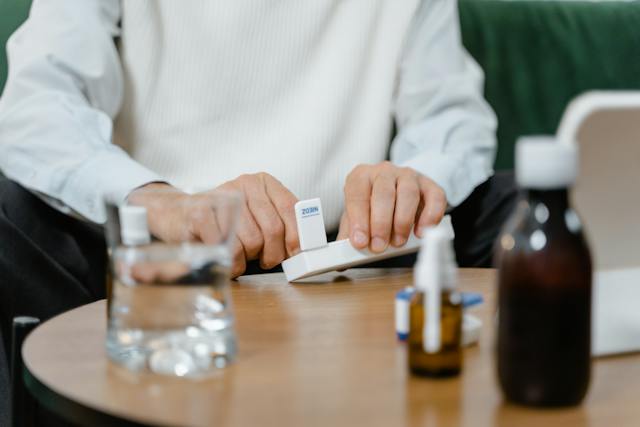There are many factors to consider when selecting the right rehab center. These include location and environment, specialized programs for specific addiction treatment, and financial options.
It would help if you also chose a facility that accepts your insurance and has experience working with your provider. Finally, it would help if you looked for a program that offers peer support and group therapy sessions.
Location
Selecting a treatment center in an area that seems safe is crucial. In addition, it ought to offer cozy living quarters and medical regions tailored to your requirements and tastes.
You can also check out amenities on the website or call and ask the admissions team about them.
You can also seek recommendations from a local psychotherapist, psychiatrist, medical doctor, or treatment consultant about the best rehab centers in your area. They can help you find one that is in-network with your insurance and has a reputation for high-quality care. In addition, you can look for an addiction treatment Yorktown Heights NY, rehab center that specializes in the type of addiction or behavior that you have. This will give you a better chance of a successful recovery. This is especially true if you have a co-occurring condition such as anxiety.
Reputation
Reputation is critical to finding the right addiction treatment center for you. A reputable rehab will have accreditations from various state and national organizations that recognize their high standards of care. They will also have certification from LegitScript, a third-party provider that ensures only legitimate drug rehabs can advertise on Google and Facebook.
Patient testimonials are another excellent way to determine if a drug rehab is reputable. These first-person accounts can give potential patients a glimpse of what it will be like to receive treatment at that facility. In addition, some facilities have alum programs that offer support (via events, communication, etc.) to former clients.
It is also essential to check whether a treatment program offers a continuum of care, which allows patients to step down from inpatient to outpatient care as they progress through the program. This can help reduce relapse and improve outcomes. Finally, be sure to visit the facility in person before deciding. This will give you a feel for the staff and patients and ensure it fits your needs well.
Experience
When looking for a treatment center, you should find out if they have experience with your specific addiction and what kind of success they have had with other patients. Some treatment facilities will list this information on their websites, but if you still need clarification, you can call them. You could also find a list of employees along with their qualifications.
You should also determine if they are in-network with your insurance. This will help you save money on out-of-pocket costs. Finding out if they offer family support and counseling is also essential.
It would help to ask the facility about its drug testing policy. If they perform daily tests, this can increase your out-of-pocket expenses. In addition, it is essential to understand the difference between residential and outpatient treatment. Residential treatment typically has a higher success rate than outpatient treatment, but it can be more disruptive to your everyday life. Outpatient treatment, on the other hand, can be more flexible and allow you to maintain your daily lifestyle.
Cost
The cost of treatment can vary widely depending on the facility, level of care, and the client’s insurance coverage. Clients should always contact their health insurance provider and the treatment center to understand the costs. In general, most health insurance plans cover some or all of the cost of addiction treatment if the client is seeking in-network services.
Individuals without health insurance can also seek private loans with much lower interest rates than credit card debt. Inpatient addiction treatment isn’t required for everyone suffering from substance use disorders, but it can help individuals overcome severe physical, mental, or emotional challenges to get back on track. When choosing an inpatient rehab, clients should consider whether the program can adapt to a person’s medical history, trauma background, or culture and whether it offers gender-specific programs since men and women often experience addiction differently.

